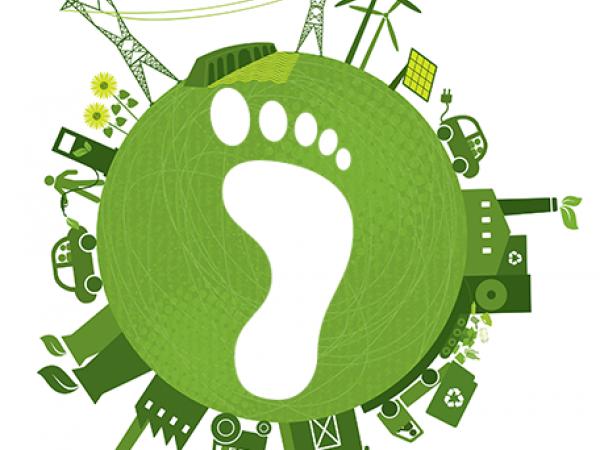India’s Rich Are Responsible For Its Carbon Foot Prints

A recent study linking India’s economic disparity with climate impact found that the country’s rich emit seven times more than its poorer citizens. According to a study by Japan-based Research Institute for Humanity and Nature- The top 20% of high-expenditure households in India are responsible for seven times the emissions traceable to the poor who spend less than $1.9 (Rs 140 at the current conversion rate) a day.
The study estimated the mean carbon footprint of poorer citizens (who spend less than Rs140 a day) to be 0.56 tonne per year–0.19 tonne per capita and 1.32 tonne among the top 20% of high-expenditure households.
The carbon footprint (CF) has emerged as an important yardstick to understand the total contribution of countries, sectors and individuals to climate change.
In contrast to conventional emissions accounting which captures only territorial or local production activities, the CF includes the emissions imposed by consumption across global supply chains for goods and services.
Within this study household carbon footprints of 623 districts in India is calculated and compared , based on micro consumption data from 203,313 households and explain their variation by economic, cultural and demographic factors.
Across socio-economic groups, the study found food and electricity were the two spending areas that accounted for the most emissions. The study concluded by stating that pro-poor development would cause little environment damage. But because current policies in India help the rich and the upper middle-class, and if all Indians started consuming as much as the rich do, it will lead to a nearly 50% rise in carbon emissions.
Eradication of extreme poverty does not conflict with ambitious climate change mitigation in India. However, according to this analysis CF reduction policies within India need to target high-expenditure households which are responsible for nearly seven times the carbon emissions than low-expenditure households (living on $1.9 consumption a day).
These vast disparities between the carbon footprint of citizens in India highlights the need to differentiate individual responsibilities for climate change in national and global climate policy.
Views expressed here are those of Dr. Seema Javed, a known Environmentalist, Journalist and Communication Expert




